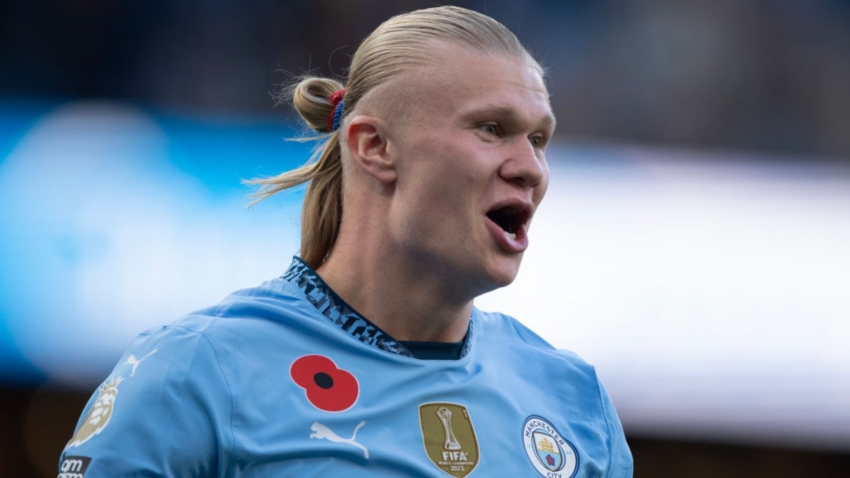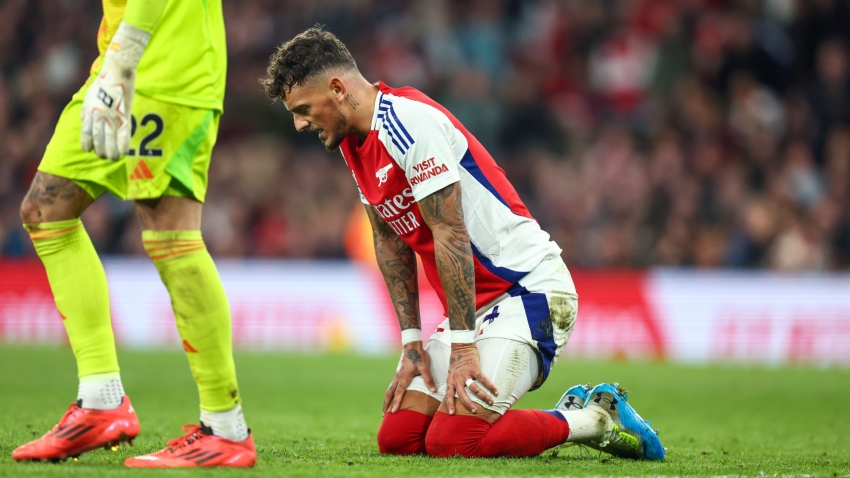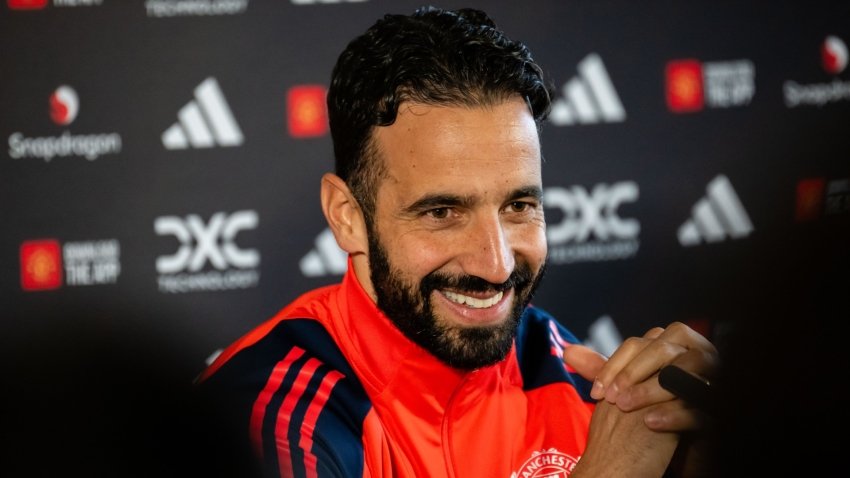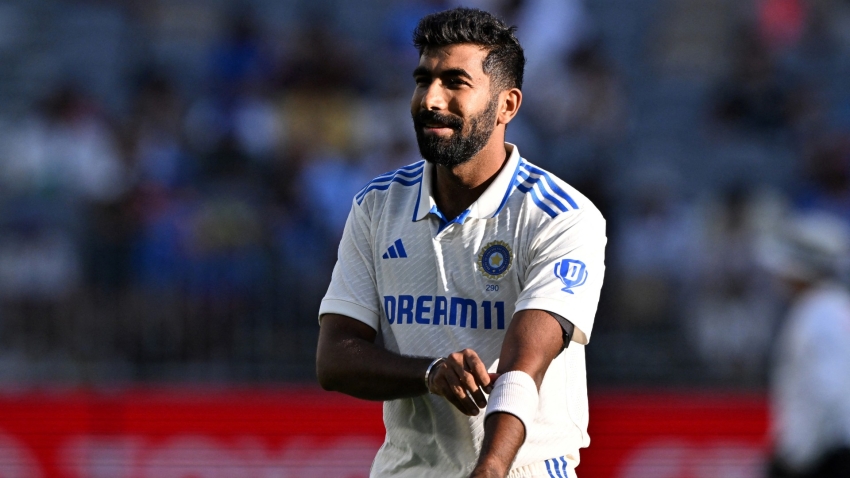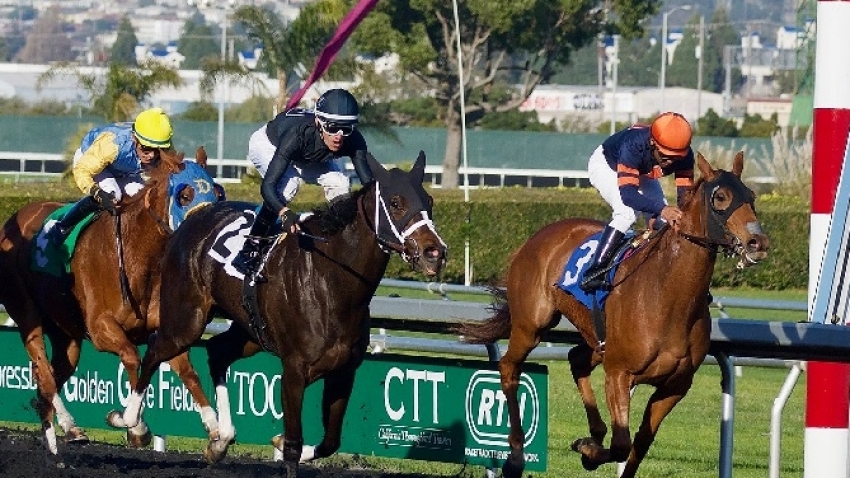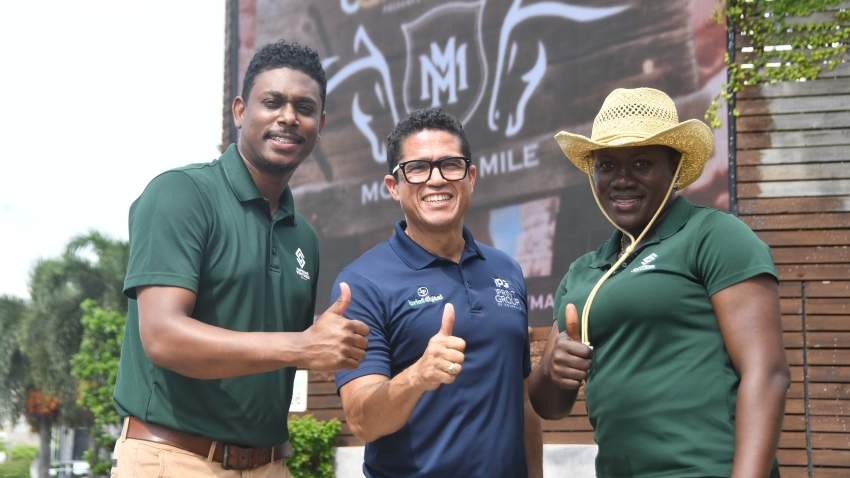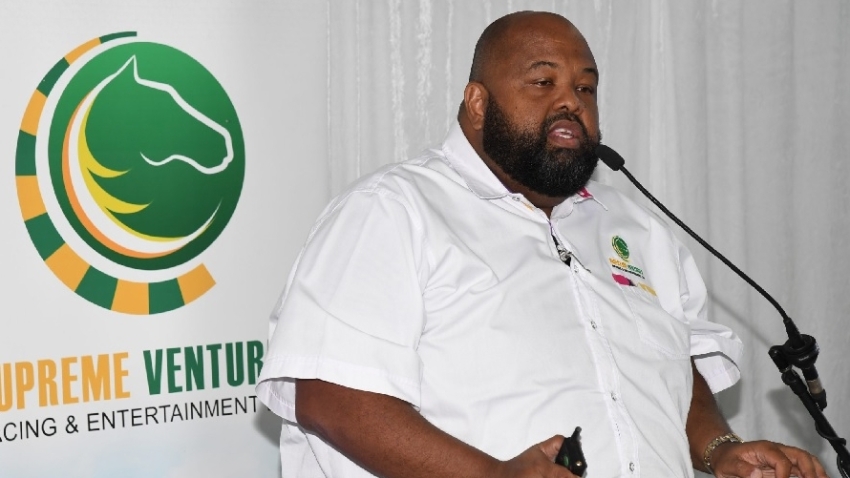This year marks the 25th anniversary of Double Trigger’s third Goodwood Cup win – and the man on board that afternoon, Darryll Holland, remembers it as one of his favourites in the saddle.
Few horses in the modern era had a following as large as Mark Johnston’s chestnut, who built up an amazing record.
From winning on his debut at Redcar by 10 lengths, he went on to win the Sagaro Stakes twice, the Henry II Stakes twice, the Doncaster Cup three times and the Gold Cup at Royal Ascot.
By the time Holland’s association with him began, Trigger’s star was on the wane. Well beaten in the Sagaro and Henry II Stakes when going for a third win in both, he was sent off an unconsidered 25-1 shot for the 1998 Gold Cup.
Holland was riding freelance at the time and picking up a lot of rides for Johnston as something of second string, with Jason Weaver required elsewhere. Weaver himself had enjoyed some great days on Double Trigger, but later in his career connections felt a change of jockey now and again just perked him up.
Michael Roberts took over from Weaver to win Trigger his second Goodwood Cup in 1997, but when it appeared the now seven-year-old had grown tired of him, up stepped Holland.
It was so famously nearly the perfect start for the combination too, beaten just a neck by Kayf Tara in the Gold Cup before their popular Goodwood success.
“Teaming up with Double Trigger was just unreal because he’d lost his way a bit,” said Holland.
“Jason Weaver had been brilliant on him, but I’d just started to ride for Mark and everything I was getting on at the time seemed to win. Jason was going to the bigger meetings where it was harder to win and I was picking up the spares and having loads of winners.
“Mark and Ron Huggins (owner) decided Trigger needed a change of hands, so I got on him in the Gold Cup when Frankie (Dettori) collared me right on the line, but he ran a great race.
“At Goodwood he was going for his third win in the race. I didn’t normally hear the crowd in a race, but that day I did. It was unbelievable and the scenes coming back in – I’ll never forget that.
“There were a few reasons he was so popular – like Stradivarius he was flashy with his big white face and white socks, but he had this never-say-die attitude where he could get headed but come back and win. The crowds love that.
“We went on to win his third Doncaster Cup after, he was just unbelievable. At Donny it was never in doubt, I felt, but at Goodwood we got passed and I ended up in about sixth place and I was thinking we had a mountain to climb, but he kept persevering. We were a good combination that day.
“Looking back, that was one of those races that I’ll never ever forget.”
The most famous horses in history have all had something different about them, and Trigger certainly fell into that category.
“He was a character all right. When you get on a horse like him, on a big stage, it instils something in you. It gives you that extra push. Horses like him don’t come along often, I knew he was on for his third Goodwood Cup and that was a huge achievement,” said Holland, now making his name in the training ranks.
“I thought he could have had one more year given the way his last three races had gone with me, but he went off to stud.”
Five years later Holland was to partner another popular old character to a famous Goodwood victory, The Tatling in the King George Stakes.
Trained by the veteran Milton Bradley, who sadly died earlier this year, The Tatling was just beginning to make a name for himself as a sprinter and had won a Listed race at Sandown earlier in the month.
He was already with his third trainer though, and it is unusual for a six-year-old to find as much improvement as he did under Bradley.
However, his breakthrough Group success should never really have happened. Bradley wanted to run him in the Stewards’ Cup, the big handicap, but due to an administrative error he was forced into the then Group Three, over a furlong shorter.
“What I remember about that race was that I wore a jockey cam, so the footage of the race was shown on TV and it was surreal,” said Holland.
“I was riding him right out the back and I just weaved through horses, passing nearly the whole field, so everyone got the chance to see what it was like for a jockey.
“That was one of his most impressive victories with me as they went really quick. He loved Goodwood as he liked passing horses and they went very quick that day. Once he passed one, he passed the whole field.
“That win gave him a big confidence boost as he was second in the Nunthorpe next time. He was a bit of a character, you had to get on him on the track, you’d have to give him his head as if you took a hold he’d fly-leap down to the start.
“You had to give him a long rein and he’d carry his head on the floor – it was one of them, you were in the unknown for the first 200 yards and then he’d just hack down.
“We went on to win the King’s Stand the next year, 2004, yet I remember Hayley Turner winning on him years later (2011). Milton tried to retire him once, but he just wasn’t happy in a field so he had to bring him back. He even won two races at 14. Incredible.”









